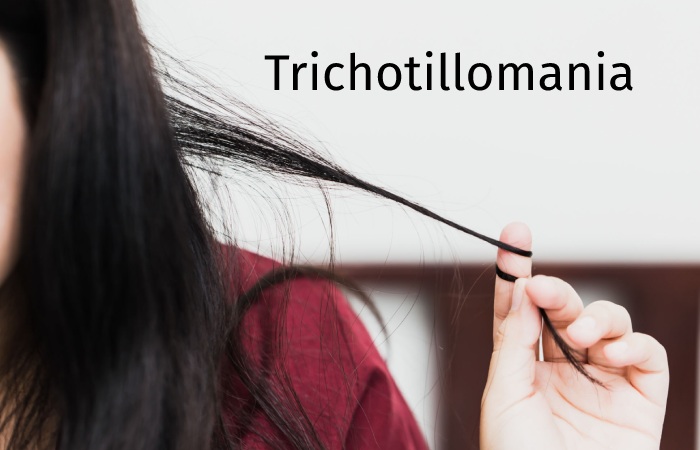You’re certainly not alone if you’ve ever experienced a stressful event and noticed stress-related hair loss. Read on to learn more about the connection between hair loss and stress. We will also tell you what you can do about stress-related hair loss and what the best remedies for stress-related hair loss are.
Table of Contents
Can Stress Cause Hair Loss?
So can stress cause hair loss? In short, yes. Significant emotional stress can trigger stress-related hair loss. Some examples of substantial emotional stress are:
Other factors contributing to stress-related hair loss include a severe illness, surgery, an accident, or anything else.
Before we get into hair loss from stress, we need to talk about the hair cycle. Each scalp has about 100,000 hair follicles, each growing its hair. The hair follicles grow in a process that includes growth, resting, and shedding phases. Each hair follicle is at a different point in its hair cycle, so losing up to 30-150 strands of hair every day is typical. However, the majority of hair follicles are in the growth cycle.
Other types of stress-related hair loss
There are other causes of stress and hair loss, although they are less common:
1. Trichotillomania
Trichotillomania, also known as a hair-pulling disorder, is a complex hair-pulling upset. Excessive stress can make trichotillomania worse. Treatment options include various therapies.
2. Alopecia areata
It is a form of hair loss in which the body’s immune system attacks the hair follicles, causing hair loss. It is believed that stress can contribute to alopecia areata. Alopecia areata is more challenging to treat because it is an autoimmune disease. In contrast to telogen effluvium, which occurs as diffuse hair loss, alopecia areata appears in the form of round bald spots.
However, telogen effluvium is the most common cause of hair loss due to stress. If you’re suffering from anxiety and hair loss, talk to your doctor to find out why.
What are the signs of hair loss from stress?
Most people with this stress-related hair loss notice the sudden hair loss two or three months after the stressful event. In addition, hair loss is diffuse; hair falls out everywhere and not just in a few specific areas (unlike alopecia areata and trichotillomania, where hair loss tends to occur in particular areas). Therefore, if you suffer from this hair loss due to stress, you may notice a more comprehensive section of hair or a smaller ponytail.
The hair loss with this is temporary. Once the stressor has passed, the hair usually grows back on its own. However, the process of hair growth is slow. It takes up to a year for hair to grow after stress-related hair loss. However, we have some tips on what to do about stress-related hair loss so that you can more easily regain your average hair density.
Conclusion
Hair loss is a significant issue these days in the present generation. The people are so stressed about their work-life helping in hair loss. The above there is a complete preview of the hair loss. It is essential to maintain the hair, to protect the hair follicles from rupturing. Stressful situations cause a lot of panic. It is better to calm down so the blood flow is normal and the damage diminishes.
